The PSU Transportation Summer Camp will be held Aug 3 - 8, 2025. Applications are open:
College students interested in being a residential counselor: Apply by June 9!
Hosted at Portland State University since 2016, our week-long summer camp is free and open to any Oregon student entering the 9–12 grade. It offers an immersive introduction to transportation careers and the workings of transportation systems in Portland. Students will hear from guest speakers, develop data collection and STEM skills, and go on daily field trips. While on the PSU campus you will:
- Meet local professionals in transportation and learn about the broad range of transportation careers and sectors.
- Understand the social justice and equity issues within transportation and how it relates to you, your family and your neighborhood.
- Get to know the transportation systems in Portland and become familiar with the Portland State University campus
- Connect with other high school students who are also passionate about careers in transportation, and have fun!
Portland State University is a host site for the FHWA's National Summer Transportation Institute program.
How to Apply
Fill out the 2025 application form to apply. Students must apply by Sunday, June 8th in order to be considered in the first round of applications. Priority will be given to students who have never attended, complete applications, students with a demonstrated interest in transportation, and applicants who meet the first round deadline. We will reach out with the first offers of enrollment by June 16th.
Want to hear about future summer camp opportunities? Sign up here to be notified.
What Will the Camp Look Like?
We'll meet in-person on the PSU campus for one week as an overnight residential camp guided by TREC staff, as well as young adult Residential Counselors who play an important role in facilitating team building and leadership development. Each day is tied to a theme, and half the day is spent in the classroom hearing from PSU faculty and guest lecturers from ODOT, the FHWA, PBOT, TriMet, the Port of Portland, and other public and private transportation agencies from the Portland metro area.
The other half is spent outside, on field tours of Portland’s transportation infrastructure and public spaces. Planners, engineers and designers come from all over the country to learn from Portland, and researchers look to Portland for the most innovative solutions in safe and sustainable transportation.
Check out photos of our transportation camp program here, and watch a video from the 2019 camps.
Agenda
Below is a day-by-day sample agenda that is tentative and subject to change, but based on the past six years of our transportation camp - these are the types of topics and activities that you can expect from our program.
Below is a day-by-day sample agenda that is tentative and subject to change, but based on the past six years of our transportation camp - these are the types of topics and activities that you can expect from our program.
Sunday
Student and family orientation
Strengths Finder, Team Building
Monday
Intro to Transportation; social equity and environmental justice
Transportation planning and design
Bike tour of Portland
Bike repair workshop at PSU Bike Hub
Tuesday
Planning, geography and placemaking
GIS online mapping software
Self-defense class and "advocating for yourself" panel
Wednesday
Transit and multimodal planning
Network planning
TriMet transit operations center and bus facilities tour
Computer coding / communication and presentation skills
Thursday
Traffic enginering and safety
Research process, safety calculations and analysis
Speed networking with local professionals; tactical urbanism workshop
College prep skills
Friday
Overview of careers in transportation, final project presentations and closing ceremony
Science communication
Residential Counselors
TREC is seeking college students to or recent graduates to server as residential counselors for the summer camp. Counselors will receive a salary of $1400 (plus housing, meals, and field trips) working roughly 55 hours during the week of Aug 3 - Aug 8, 2025.
Interested in being a residential counselor for the camp? Apply by June 9!
Alumni
We've been hosting this camp since 2016, and have introduced 198 Oregon high school students to transportation concepts and careers. Here are just a few of the things our camp student alumni have to say about their experience:
"I have a newfound appreciation for the city and the different modes of transport that are accessible to people."
-2022 student
"I definitely can see myself having a job in transportation, and the camp has inspired me to reach out to my school to improve the pick-up and drop-off system as right now it seems dangerous."
-2020 student
"I loved getting to know the behind-the-scenes of how transportation works in Portland! The opportunities to meet professionals from TriMet, PBOT, the Port of Portland, and many other areas effectively opened my eyes to careers I had never even considered before. Probably my favorite part was working with city planners to see the different kinds of roads and how they work to accommodate the specific needs of roads — from bike and pedestrian needs, to budgeting, to vehicular traffic requirements."
–2018 student
Frequently Asked Questions
How much does the transportation summer camp program cost?
The camp is free (although enrollment is limited), thanks to our generous funders at FHWA and ODOT.
What are the dates of the camp?
The program will run from Aug 3 - 8, 2025. Students will be required to check in on Sunday, August 3 late morning/afternoon. The program will end around 3 pm on Friday, August 8.
What COVID safety protocols will there be?
We will follow the most current health and safety guidelines around all communicable diseases. We understand that some in our community may feel more comfortable continuing to wear a mask. That is a personal decision that we wholeheartedly support. We ask that our community respect the choice of people who keep their masks on, but to refrain from asking others to wear a mask. If students prefer to wear a mask, we will provide disposable masks or they may bring their own masks. We will also have hand sanitizer available in the classroom.
Are housing accommodations provided for the students?
The Summer 2025 program will include overnight accommodations (shared, residential) on the PSU campus. Learn more about PSU's Summer Housing policies on Covid-19 vaccination and testing.
Note: students will need photo ID to check into residential housing.
What supervision will there be?
The camp will be staffed by TREC and camp counselors during the day. The camp counselors will lead additional evening activities and provide supervision in the residential hall. TREC staff will be on call after hours to handle emergencies. Students will stay together as a group with staff and mentors throughout the program.
What food will be provided for the students?
All meals and snacks will be provided to students for the duration of the camp.
For the field tours, will transportation be provided?
All transportation is provided by the program. We will be walking and taking public transit to attend our field trips. The camp will likely include a field tour of Portland by bike, but we will not rely on biking as a primary form of transportation. Bikes will be provided free of cost. If the student does not know how to ride a bike, we will have another option available.
Can you provide a certificate of completion for this camp?
Yes! We're happy to provide a certificate of completion.
I don't live in Oregon, is there a transportation summer camp in my state?
Our camp is one of many across the U.S. that are supported by the FHWA through their National Summer Transportation Institute (NSTI) program. Learn more about camp host sites in your state here.
Funders
Offered through the Transportation Research and Education Center (TREC) at Portland State University, this camp is funded by the Federal Highway Administration (FHWA) and the Oregon Department of Transportation (ODOT) as a host site for the FHWA's National Summer Transportation Institute program.

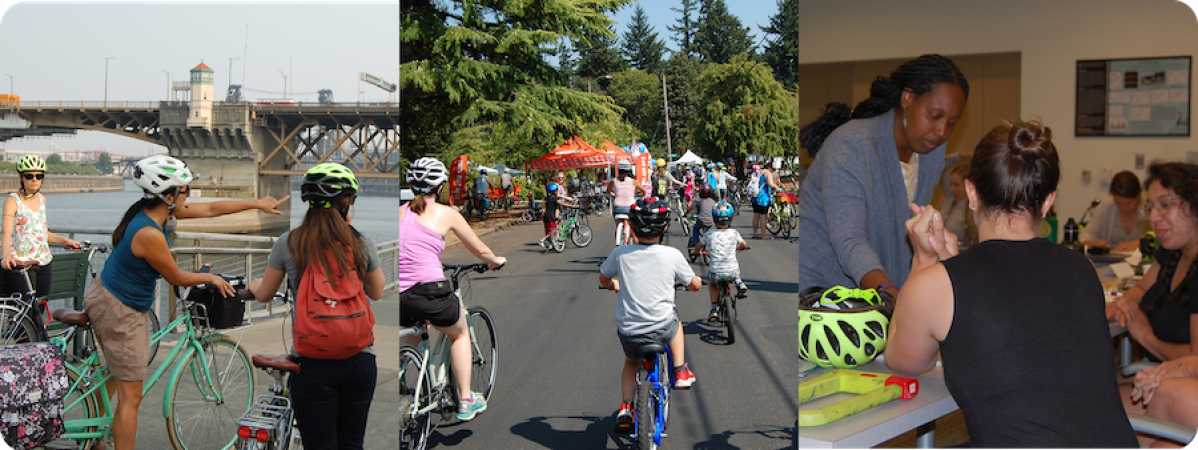
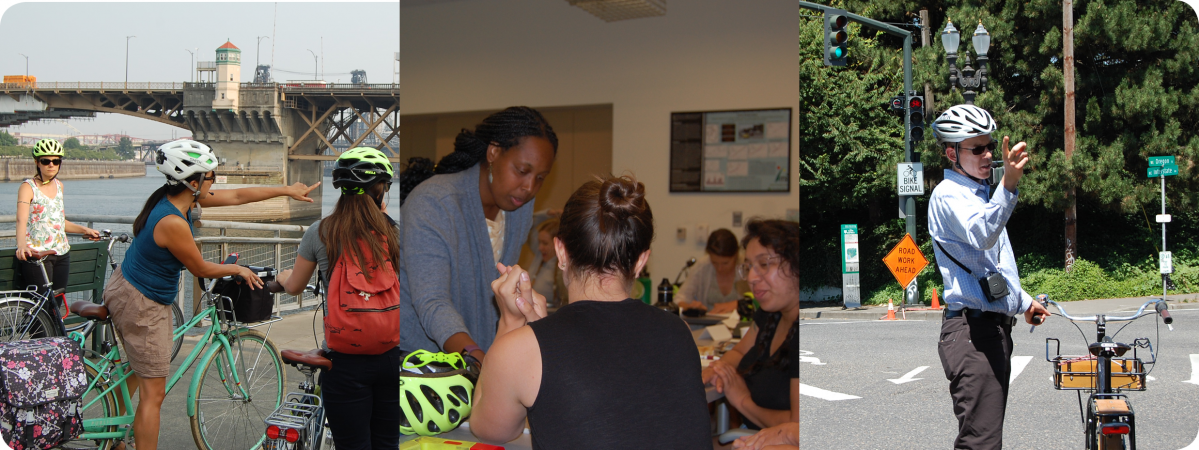
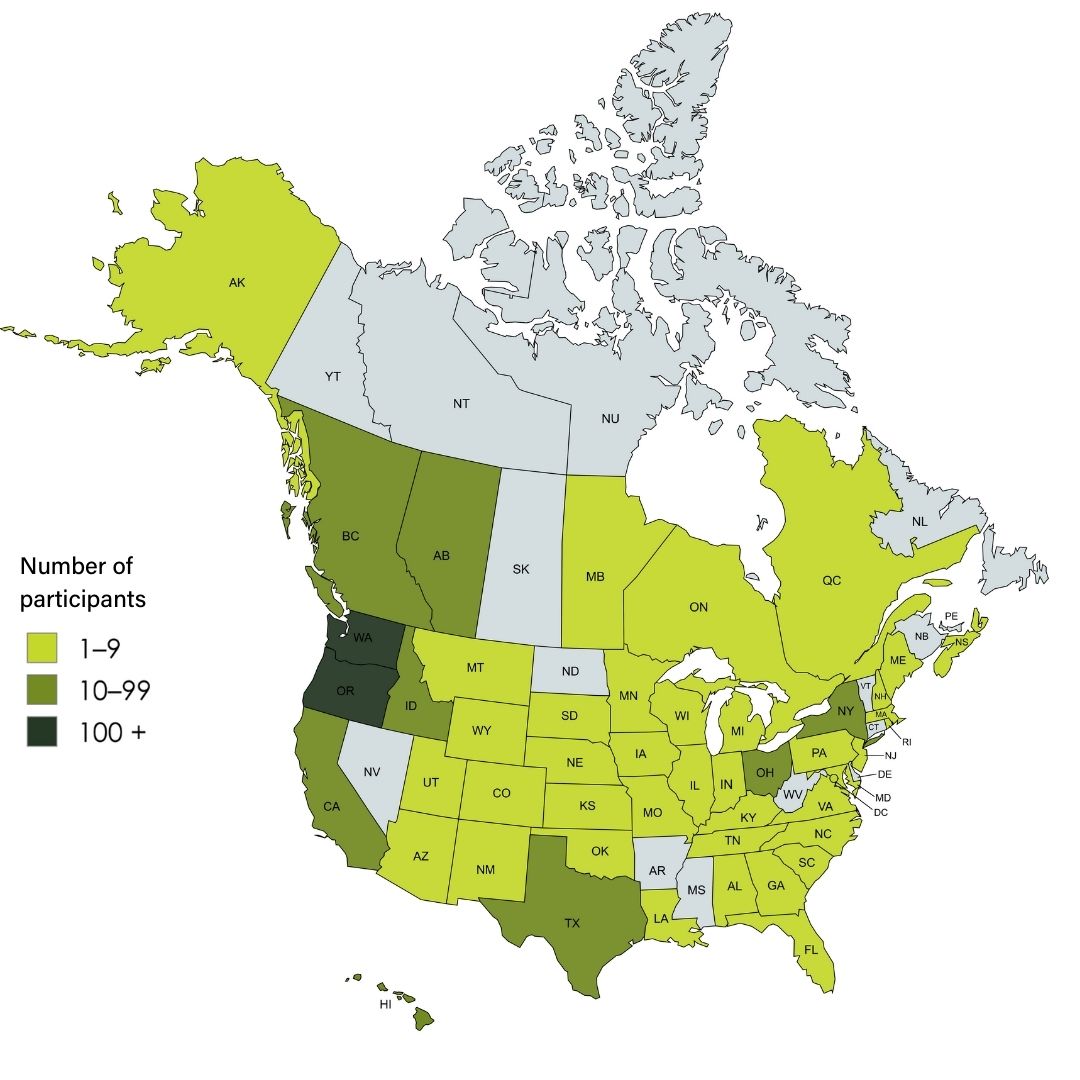

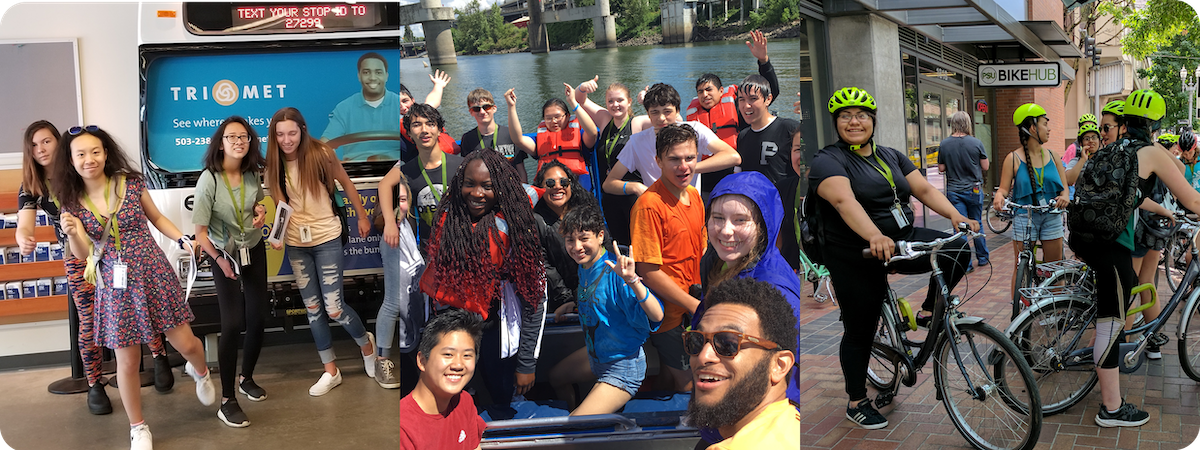
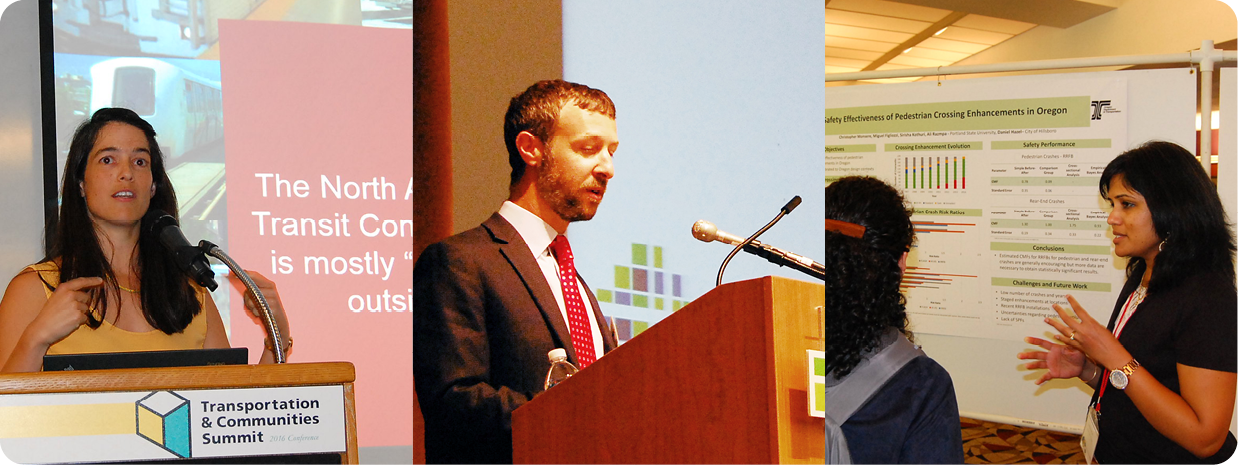
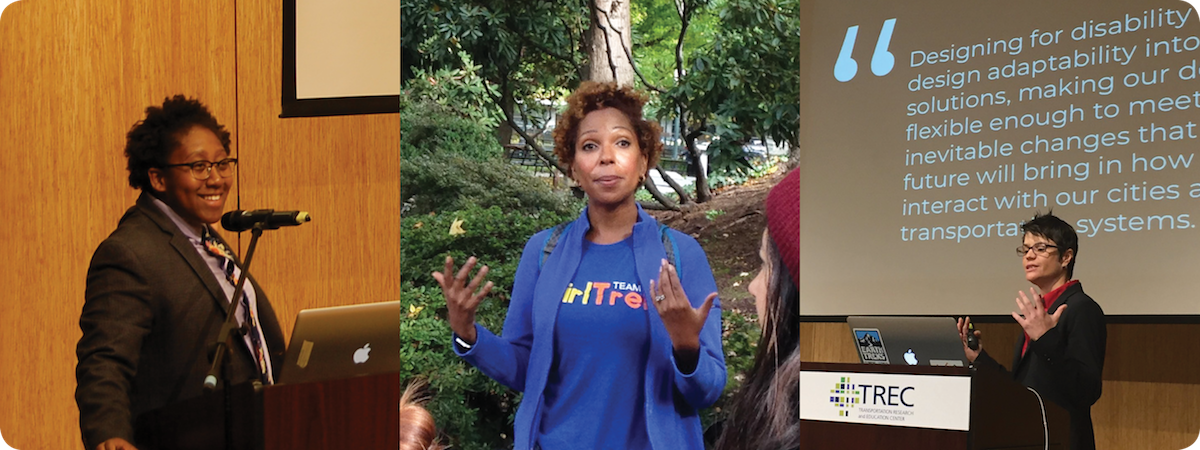
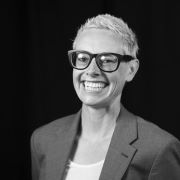 Anna is a low-vision parent, nondriver and author of
Anna is a low-vision parent, nondriver and author of 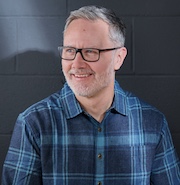 Ray Delahanty is the creator behind
Ray Delahanty is the creator behind 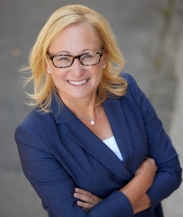 Author of Roadways for People: Rethinking Transportation Planning and Engineering, Lynn Peterson’s career has led her on a journey from building projects to building communities that work for everyone. Lynn’s 30-year-plus transportation career has covered an impressive range of experience. From building and designing roads to serving as an elected and appointed official in both Oregon and Washington, respectively, she has worked on policy and implementation of transportation projects and trained State DOTs on forward-thinking transportation planning processes. Nationally recognized as a transportation and land use integration expert, she understands the pitfalls of being a White urban woman working with communities that are culturally and racially different from her own. She also recognizes that in order to do her best work, she must always strive to keep an open heart and mind in order to understand the perspectives of individuals in her communities.
Author of Roadways for People: Rethinking Transportation Planning and Engineering, Lynn Peterson’s career has led her on a journey from building projects to building communities that work for everyone. Lynn’s 30-year-plus transportation career has covered an impressive range of experience. From building and designing roads to serving as an elected and appointed official in both Oregon and Washington, respectively, she has worked on policy and implementation of transportation projects and trained State DOTs on forward-thinking transportation planning processes. Nationally recognized as a transportation and land use integration expert, she understands the pitfalls of being a White urban woman working with communities that are culturally and racially different from her own. She also recognizes that in order to do her best work, she must always strive to keep an open heart and mind in order to understand the perspectives of individuals in her communities.
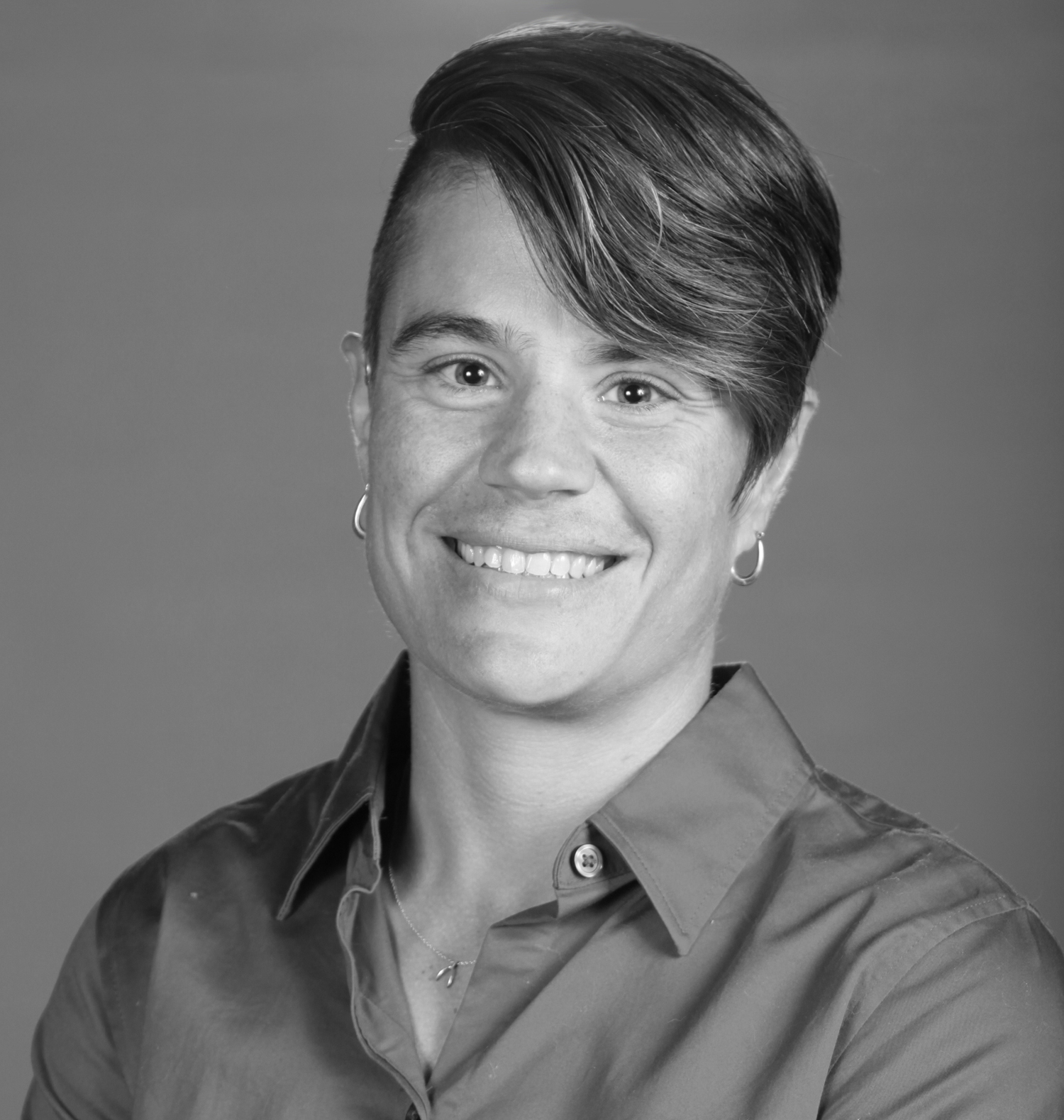 Elise Roy is a deaf human centered designer, former lawyer, and motivational speaker who works in the vanguard of the disruptive innovation movement. She is a passionate proponent of the notion that when we design for disability, we often develop solutions that are better than when we design for the norm. A highly skilled public speaker, she has given talks at Microsoft, the U.S. Institute for Peace, the United Nations, and the World Bank. Her TEDx talk, "When we Design for Disability, We All Benefit," has over 1.2 million views. Elise’s deafness has always given her a heightened awareness of how profoundly design shapes the social, emotional and physical environment and this led her to study human-centered design in Maryland Institute College of Art’s (MICA) Social Design program. She completed a master’s degree with a thesis that investigated the barriers that exist for individuals with hearing loss in the fabrication technology and design realm. In 2016 Elise founded Elise Roy & Associates, a social enterprise that helps organizations analyze problems from the vantage point of people with disabilities to disrupt markets and industries. The organization is founded on the notion that when we design for extremes we come up with better solutions than when we design for the norm.
Elise Roy is a deaf human centered designer, former lawyer, and motivational speaker who works in the vanguard of the disruptive innovation movement. She is a passionate proponent of the notion that when we design for disability, we often develop solutions that are better than when we design for the norm. A highly skilled public speaker, she has given talks at Microsoft, the U.S. Institute for Peace, the United Nations, and the World Bank. Her TEDx talk, "When we Design for Disability, We All Benefit," has over 1.2 million views. Elise’s deafness has always given her a heightened awareness of how profoundly design shapes the social, emotional and physical environment and this led her to study human-centered design in Maryland Institute College of Art’s (MICA) Social Design program. She completed a master’s degree with a thesis that investigated the barriers that exist for individuals with hearing loss in the fabrication technology and design realm. In 2016 Elise founded Elise Roy & Associates, a social enterprise that helps organizations analyze problems from the vantage point of people with disabilities to disrupt markets and industries. The organization is founded on the notion that when we design for extremes we come up with better solutions than when we design for the norm.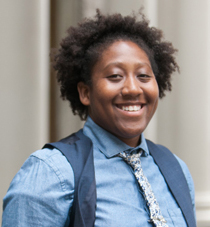

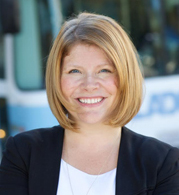
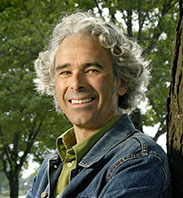 The inaugural Ann Niles Active Transportation Lecture was given in 2013 by Jean-François Pronovost, vice president for development and public affairs at advocacy group Vélo Québec. One of the most notable projects for Vélo Québec is La Route Verte (The Green Route), a 5,000-kilometer-plus bicycle route across Canada's largest province. La Route Verte crosses rural areas, towns and cities and incorporates all types of bikeways. The route got its start in 1992, when Pronovost was organizer of the Velo Mondial conference. There, Vélo Québec presented a vision and plan for what cycling could be at the turn of the century. The efforts paid off in 1995, with the provincial government investing $88.5 million and tasking Vélo Québec to plan and build the route. La Route Verte is now the most extensive bike route in North America.
The inaugural Ann Niles Active Transportation Lecture was given in 2013 by Jean-François Pronovost, vice president for development and public affairs at advocacy group Vélo Québec. One of the most notable projects for Vélo Québec is La Route Verte (The Green Route), a 5,000-kilometer-plus bicycle route across Canada's largest province. La Route Verte crosses rural areas, towns and cities and incorporates all types of bikeways. The route got its start in 1992, when Pronovost was organizer of the Velo Mondial conference. There, Vélo Québec presented a vision and plan for what cycling could be at the turn of the century. The efforts paid off in 1995, with the provincial government investing $88.5 million and tasking Vélo Québec to plan and build the route. La Route Verte is now the most extensive bike route in North America.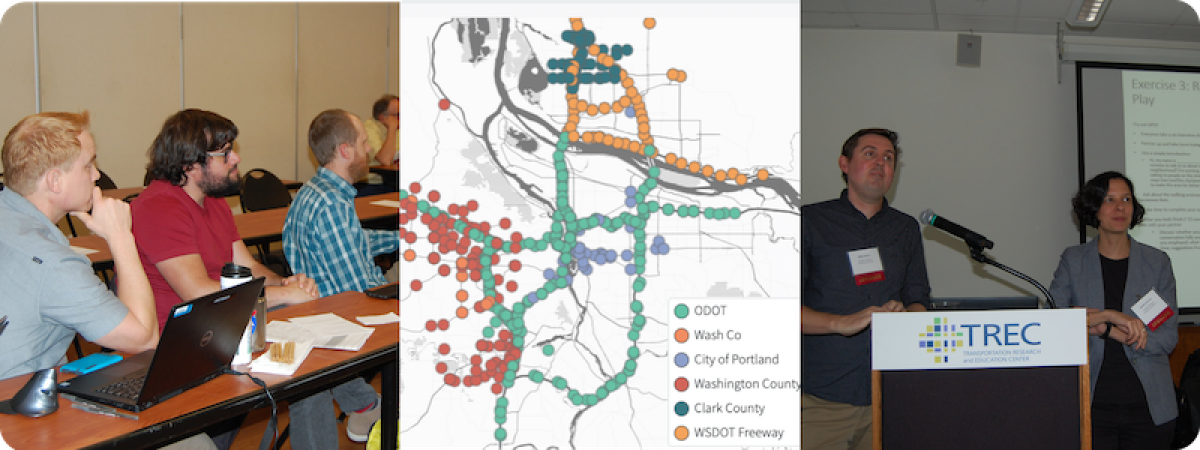
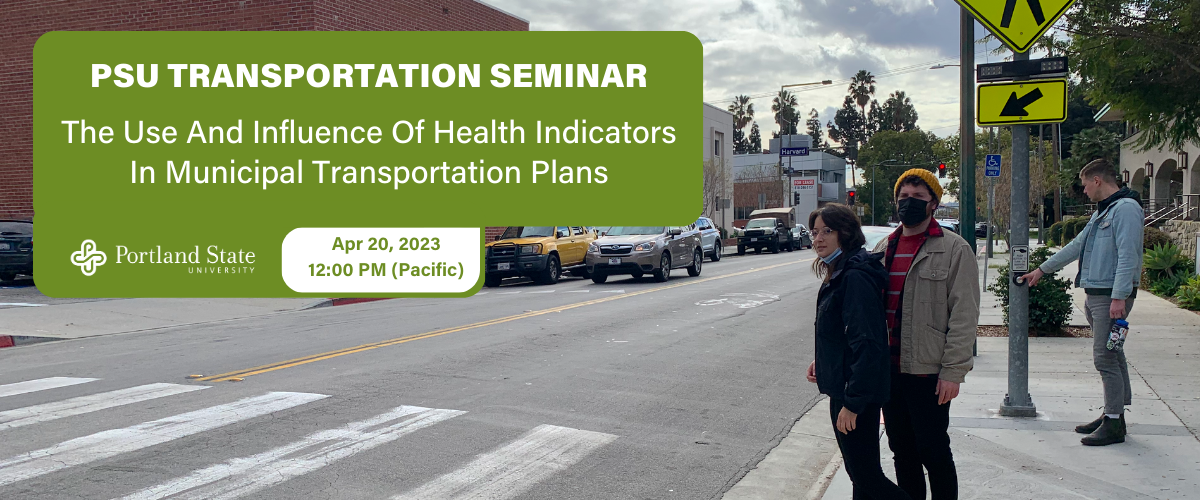
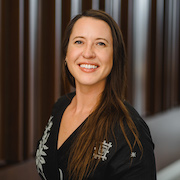 Jordan Katcher (she/her) is an Initiatives Facilitator for the Wallace Stegner Center Environmental Dispute Resolution (EDR) Program and an Adjunct Instructor within the City + Metropolitan Planning Department at the University of Utah. She serves as facilitator and operations manager for the Gateway + Natural Amenity Region (GNAR) Initiative, facilitates community conversations, conducts situation assessments, and provides training and coaching related to conflict management and collaborative process design. Outside of work, she enjoys forest bathing, baking sourdough bread, traveling, laughing with loved ones, and practicing gratitude.
Jordan Katcher (she/her) is an Initiatives Facilitator for the Wallace Stegner Center Environmental Dispute Resolution (EDR) Program and an Adjunct Instructor within the City + Metropolitan Planning Department at the University of Utah. She serves as facilitator and operations manager for the Gateway + Natural Amenity Region (GNAR) Initiative, facilitates community conversations, conducts situation assessments, and provides training and coaching related to conflict management and collaborative process design. Outside of work, she enjoys forest bathing, baking sourdough bread, traveling, laughing with loved ones, and practicing gratitude.

